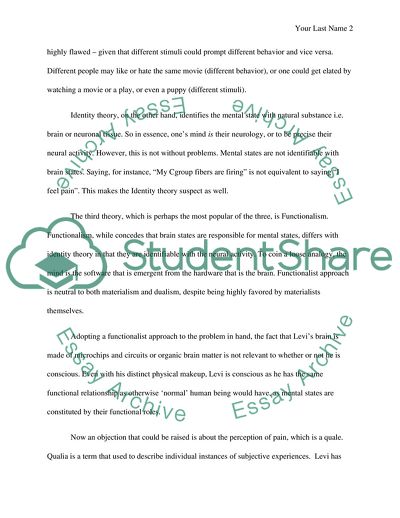Cite this document
(Consciousness and Free Will Essay Example | Topics and Well Written Essays - 1500 words, n.d.)
Consciousness and Free Will Essay Example | Topics and Well Written Essays - 1500 words. https://studentshare.org/philosophy/1823645-mind-and-free-will
Consciousness and Free Will Essay Example | Topics and Well Written Essays - 1500 words. https://studentshare.org/philosophy/1823645-mind-and-free-will
(Consciousness and Free Will Essay Example | Topics and Well Written Essays - 1500 Words)
Consciousness and Free Will Essay Example | Topics and Well Written Essays - 1500 Words. https://studentshare.org/philosophy/1823645-mind-and-free-will.
Consciousness and Free Will Essay Example | Topics and Well Written Essays - 1500 Words. https://studentshare.org/philosophy/1823645-mind-and-free-will.
“Consciousness and Free Will Essay Example | Topics and Well Written Essays - 1500 Words”. https://studentshare.org/philosophy/1823645-mind-and-free-will.


